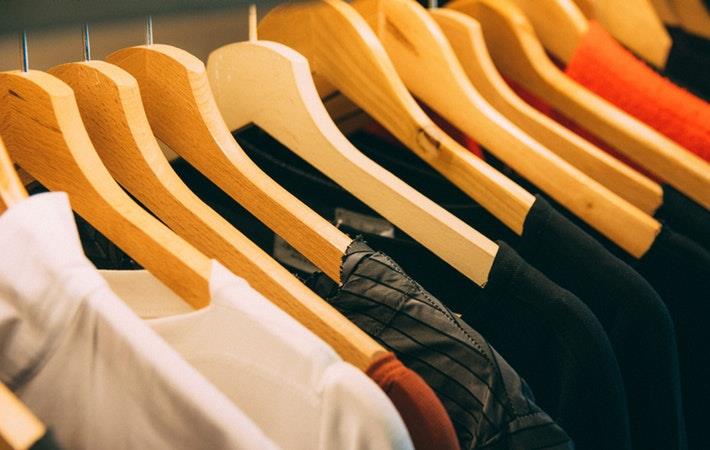Interviews
FOBAP in the Philippines trying for garments sector revival
26 Apr '18
2 min read

Courtesy: Kai Pilger from Pexels
The Foreign Buyers Association of the Philippines (FOBAP), a body representing buying offices of foreign brands and retailers, wants the revival of the garments sector there after the country lost its position as the world’s top supplier. The group will lobby for a free trade agreement (FTA) with the United States, its president Robert Young said recently.
This would be the third attempt to revive the industry through the United States after the proposed bills that would have given Philippine garments preferential treatment were not passed in the US Congress in the past administrations, according to a Philippine News Agency report.
The Philippines lost 70 per cent of its garments market from $1 billion 15 years ago to $300 million for several reasons, primarily the removal of the quota system that led buyers to source from other countries offering the same products at half the price.
The country now ranks fifth among South-east Asian countries in garments exports, which in the region is now dominated by Vietnam, Myanmar, Cambodia and Lao. China, Bangladesh, sub-Saharan countries have overtaken the Philippines.
Young said inclusion of garments in the US generalized system of preferences (GSP), as being lobbied by the Philippines, would also be a big help but that the tax privilege is subject to graduation that the country could lose in two years. Currently, Philippine garments exported to the United States are taxed 15 to 20 per cent.
The group, whose membership has come down from 75 to 40, has submitted position papers to the government seeking subsidies on electricity and labour like what rival nations are offering to their garment sector and has also proposed creation of free trade zones in depressed areas where garment factories will be set up as a commune, with subsidized power rates and special wages and free board and lodging to workers.
Locating a factory in an economic zone under Philippine Economic Zone Authority, which offers 5 per cent tax rate and tax and duty-free import of raw materials, is not enough, he said, adding that the industry needs power and labour subsidies.
The country has also lost its efficiency with outdated factories in the era of robotics, digital cutting and sewing. (DS)
This would be the third attempt to revive the industry through the United States after the proposed bills that would have given Philippine garments preferential treatment were not passed in the US Congress in the past administrations, according to a Philippine News Agency report.
The Philippines lost 70 per cent of its garments market from $1 billion 15 years ago to $300 million for several reasons, primarily the removal of the quota system that led buyers to source from other countries offering the same products at half the price.
The country now ranks fifth among South-east Asian countries in garments exports, which in the region is now dominated by Vietnam, Myanmar, Cambodia and Lao. China, Bangladesh, sub-Saharan countries have overtaken the Philippines.
Young said inclusion of garments in the US generalized system of preferences (GSP), as being lobbied by the Philippines, would also be a big help but that the tax privilege is subject to graduation that the country could lose in two years. Currently, Philippine garments exported to the United States are taxed 15 to 20 per cent.
The group, whose membership has come down from 75 to 40, has submitted position papers to the government seeking subsidies on electricity and labour like what rival nations are offering to their garment sector and has also proposed creation of free trade zones in depressed areas where garment factories will be set up as a commune, with subsidized power rates and special wages and free board and lodging to workers.
Locating a factory in an economic zone under Philippine Economic Zone Authority, which offers 5 per cent tax rate and tax and duty-free import of raw materials, is not enough, he said, adding that the industry needs power and labour subsidies.
The country has also lost its efficiency with outdated factories in the era of robotics, digital cutting and sewing. (DS)
Fibre2Fashion News Desk – India
Popular News
Leave your Comments
Editor’s Pick
































-Ltd..jpg?tr=w-120,h-60,c-at_max,cm-pad_resize,bg-ffffff)





.jpg?tr=w-120,h-60,c-at_max,cm-pad_resize,bg-ffffff)
.jpg?tr=w-120,h-60,c-at_max,cm-pad_resize,bg-ffffff)






